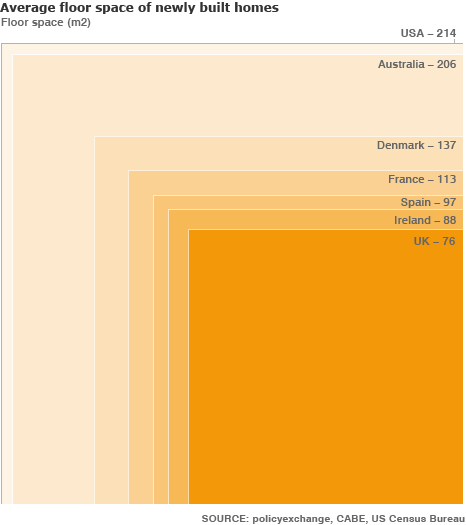Op-ed pick: Why Americans choose a big house over a safe retirement

Michael Milken argues in a column in the Wall Street Journal that the U.S. government is encouraging Americans to invest in a big house rather than their future.
Uniquely among nations, the U.S. gives mortgage borrowers a trifecta of benefits: extensive tax advantages, no recourse against the borrowers' nonresidential assets if they walk away, and typically no protection for the lender if the borrower prepays the loan to get a lower rate.
He goes on to explain how Americans have misused these advantages.
Create a More Connected Minnesota
MPR News is your trusted resource for the news you need. With your support, MPR News brings accessible, courageous journalism and authentic conversation to everyone - free of paywalls and barriers. Your gift makes a difference.
In the housing-boom decade before 2007, many buyers decided that the largest-possible house (with an equally large mortgage) was a better idea than a retirement fund or their children's education.
By contrast, according to CLSA Asia-Pacific Markets, middle-class households in 11 Asian nations spend an average 15% of income on supplemental education for their children—nearly as much as the 16% spent on housing and transportation combined. Americans spend only 2% on supplemental education and 50% on housing and transportation. For American home buyers taking on big loans, there was no margin for error if they lost their job or the roof leaked.
You can read his entire (concise) critique of housing policy here.
Here's an infographic from the BBC illustrating housing sizes, measured in square meters, in different countries.
